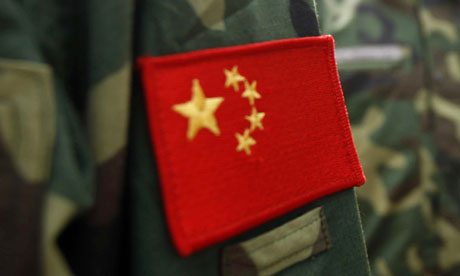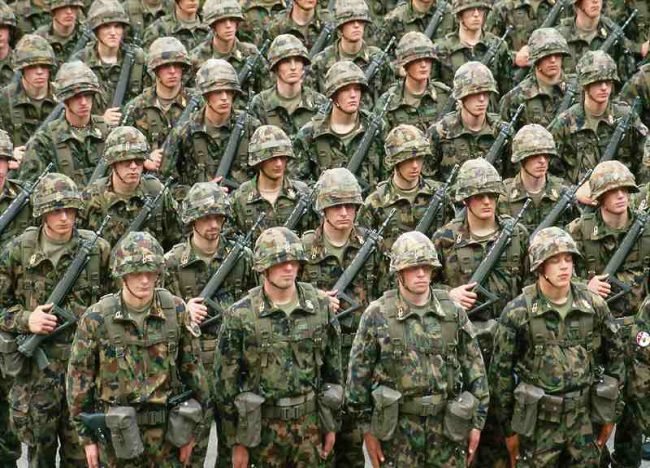China has banned exports to North Korea of technologies and goods that could be used to make missiles and nuclear, chemical and biological weapons, the government said, as it moves to comply with UN resolutions.
Beijing, the North’s sole major ally and economic lifeline, has publicly supported sanctions against Pyongyang in the past, though it has come in for criticism from the US and other countries for alleged lax enforcement.
China, which has tended to prioritise regional stability in its relations with the North, regularly calls for the denuclearisation of the Korean peninsula. But it has been reluctant to push North Korea too hard over fears it could result in a messy collapse of the regime.
Since North Korea conducted its third underground nuclear test in February, however, China has taken a harder stance, with President Xi Jinping telling an international forum in April there should be no tolerance for those who foster “chaos”, remarks widely interpreted at the time as a criticism of North Korea.
The prohibition covers items including components for nuclear explosion devices, certain rocket systems and toxic gas monitoring and testing systems, according to a 236-page list released by the Ministry of Commerce and three other government agencies on Monday.
“(We) are prohibiting exports of the listed dual-use goods and technologies regarding weapons of mass destruction and their means of conveyance to North Korea according to China’s Foreign Trade Law and in order to execute relevant resolutions of the UN Security Council,” they said in a separate statement.
“Dual-use goods and technologies” refer to nuclear, chemical and biological as well as missile-related goods and technologies that can be used for both civilian and military purposes.
The statement also said that the ban took effect from the time it was announced, which was Monday.
Beijing cooperates with Washington in its attempts to forge a diplomatic solution on North Korea’s nuclear weapons programme and has hosted numerous sessions of a six-nation forum aimed at convincing Pyongyang to abandon it.
The North has said for years it wants denuclearisation of the whole Korean peninsula and that it is developing an atomic arsenal to protect itself from the US military, which occasionally sends nuclear-powered warships and aircraft capable of carrying atomic weapons to South Korea, Washington’s ally, for drills.
In February the North carried out its third underground nuclear test in defiance of UN Security Council resolutions, sending tensions soaring and raising fears of possible conflict. It also launched a rocket in December that Washington said was a disguised ballistic missile test.











